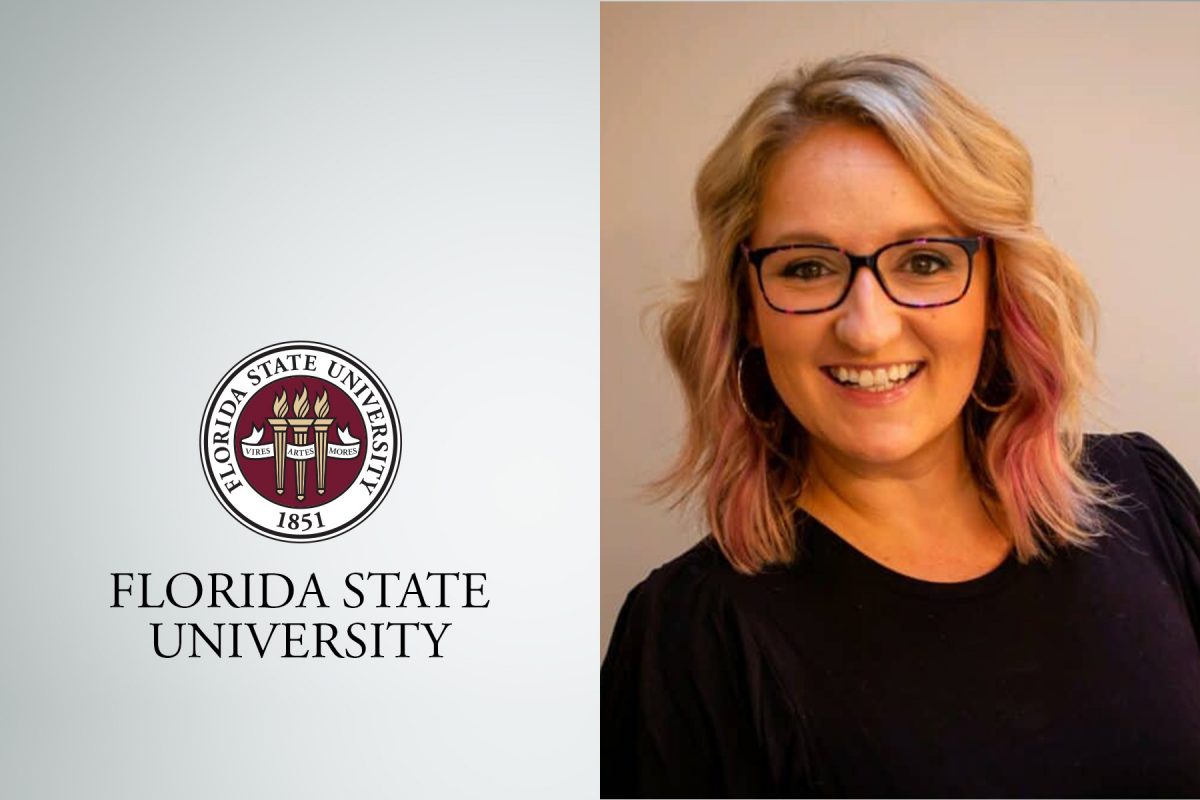
A Florida State University researcher has secured funding for a four-year project focused on gathering data to determine best practices surrounding speech-language therapy approaches in elementary schools.
Kelly Farquharson, an associate professor in FSU’s School of Communication Science and Disorders, was awarded a $2.4 million grant from the National Institutes of Health (NIH) alongside co-principal investigator Katy Cabbage of Washington State University and methodologist Christopher Schatschneider, FSU professor of psychology and associate director of the Florida Center for Reading Research.
“I am beyond delighted that Dr. Farquharson’s research has been supported by the NIH,” said Michelle Kazmer, dean of the College of Communication and Information. “This generous funding will allow the important research being conducted by Dr. Farquharson and her colleagues to have a substantially increased impact on children’s reading and language skills and how they can be improved through school-based speech-sound therapy. The College of Communication and Information is fortunate to have researchers such as Dr. Farquharson on our faculty.”
Speech-language pathologists (SLPs) play an important role in schools, offering services to children needing extra support and intervention to reach language and communication goals. At each research site, Farquharson’s team will partner with 10 SLPs and 50 students, each year for 4 years, to gather data that uncovers the contexts in which certain children improve due to school-based speech-sound therapy.
“There are so many factors of the therapy environment that may relate to children’s outcomes in speech, language and reading,” Farquharson said. “Unfortunately, there really isn’t a lot of available science behind these factors, and so SLPs do their best to make clinical decisions. We hope to provide some scientific evidence to support ‘what works for whom’ and provide SLPs with solid data to implement best practices.”
The team hopes to bridge the gap between theory and practice by examining environmental factors such as treatment intensity or how often and for how long a child receives treatment, therapy location and what treatment approaches are being utilized.
This new funding will allow Farquharson and the research team to recruit and study more participants while providing them with compensation for their efforts and time, such as stipends, tablets, access to software and gift cards.
“This project is a dream come true,” Farquharson said. “Dr. Cabbage and I talked for years about the issues that this project aims to address. The idea for this project has been submitted in some form or fashion to three different funding agencies six different times over the past eight years. Receiving this funding is a lesson in persistence. This is truly a passion project for Dr. Cabbage and me.”
Farquharson says she is thankful for the investments FSU and the College of Communication and Information have made in resources and personnel to help faculty develop their research funding proposals to be successful beyond just scientific development.
“It’s very exciting to receive this award because it not only validates the work that we’ve been pretty tenacious at, but it’s also an important project to better understand the needs of children who have speech sound disorders. And that’s really where my true excitement comes from,” she said.
As one of the National Institutes of Health, the National Institute on Deafness and Other Communication Disorders conducts and supports research and research training on normal and disordered communication processes, including diseases affecting hearing, balance, taste, smell, voice, speech and language.
To learn more, visit commdisorders.cci.fsu.edu.



